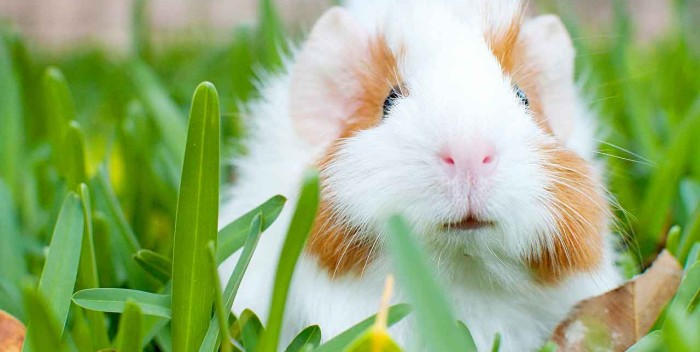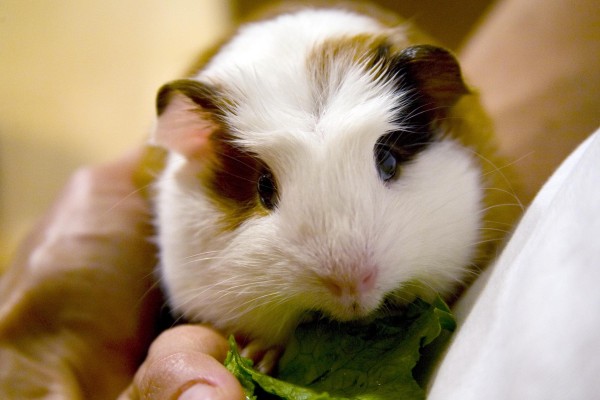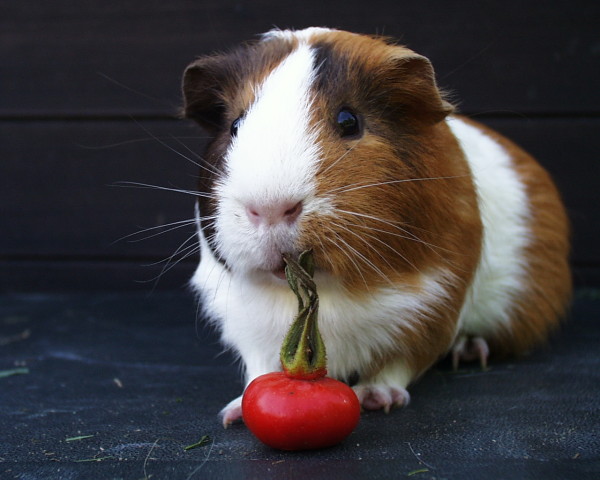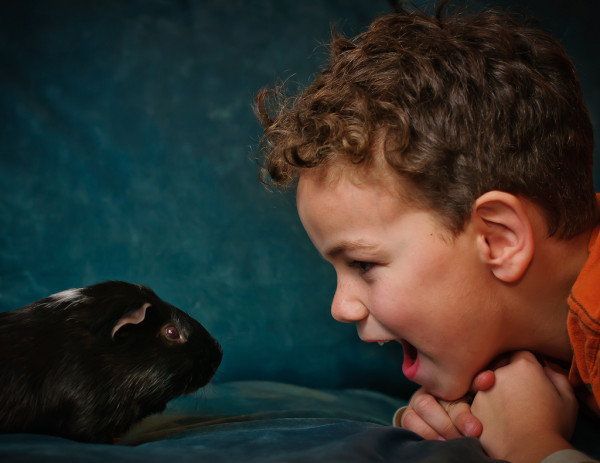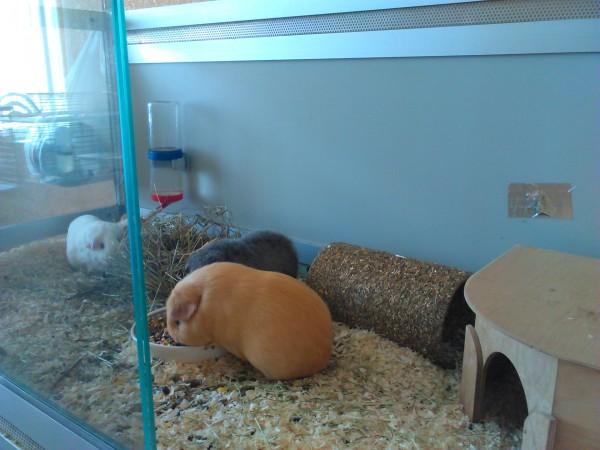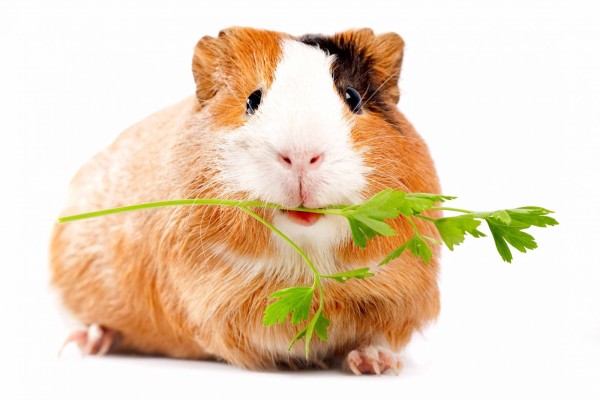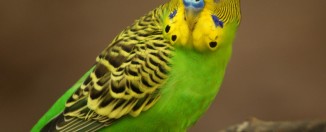Guinea pig: keeping at home
Despite being a rodent, the guinea pig is an adorable creature that quickly becomes family favorite... This small fluffy animal with beady eyes has a peaceful, good-natured character and unpretentious care. This pet is safe for children, so it is quite possible to have a guinea pig in a family with a child, if, of course, there is no allergy.
Content
Guinea pig breeds
The rodent got its name because of the shape of the head, reminiscent of the head of a pig. It also has other names: kevi, or guinea pig.
All kevis can be divided into several breed groups:
- shorthaired (such as Dalmatian or Agouti);
- long-haired (alpaca, coronet);
- pigs without hair (baldwin, skinny);
- wire-haired (Abyssinian, Rex);
- representatives of rare breeds (havana, cui).
Guinea pigs were domesticated by the Indians, in the V millennium BC. Then these animals were the subject of worship. They were often depicted on household items and works of art.
How long do guinea pigs live?
The average life span of this animal is from 7 to 10 years. Some guinea pigs live up to 15 years, of course with proper care. They must be protected both from drafts and from overheating, to monitor their health. The most common diseases in rodents are colds, digestive disorders, and eye problems.
Another danger is parasites. But the guinea pig is a very clean animal that loves to wash with its paws.
Keeping guinea pigs
Even a child can be entrusted with the maintenance of this animal. Among its advantages are a pleasant and funny appearance, non-aggressiveness, activity, good life expectancy (for a rodent, of course). In addition, it does not have a characteristic unpleasant odor, only timely and proper care must be provided.
Here are a few more features of guinea pigs:
- They quickly get used to the hands.
- They get along well with other rodents.
- These animals cannot be kept in the same house as birds. These animals have a particularly strained relationship with parrots.
- Despite the name, they do not like water, although they know how to swim.
- This is an affectionate and intelligent animal that quickly gets used to its owners.
- Guinea pigs are trainable. They can be taught to perform simple tricks, such as standing on their hind legs.
- The daily routine of animals is similar to that of humans. During the day they are active, and at night they sleep, but not more than 5-6 hours.
- They have good hearing, excellent eyesight and smell.
- Shedding in all breeds is moderate throughout the year.
Once every two to three days, the guinea pig needs to be combed. The animal does not like to swim, so it is advisable to wash it only if it is heavily soiled. In this case, you can use baby shampoo. It is better to protect the head of the animal from moisture.
The nails should be trimmed once a year. A routine check-up is recommended every three days. At the same time, they pay attention to whether the animal has wheezing, wounds on the skin, whether its eyes are shining.
Guinea pig cage
The animal needs comfort and a spacious area, so it is important to equip a suitable cage for it. Its minimum dimensions for one animal should be 30 × 60 cm, but the larger the space, the better. The height of the cage is at least 30 cm so that the animal can stand on its hind legs.
Pour filler on the bottom, in a layer of about 5 cm. If the sawdust is granular, it is better to mix them with wood. This will prevent the appearance of corns.
Keep the cage away from drafts and direct sunlight. However, the pet's habitat should be light. The comfortable temperature for him is 18-20 degrees.
What do guinea pigs eat
For a guinea pig to be healthy and fun, you need to monitor the diversity of its diet. It should include fruits and vegetables, grains, herbs, hay. The pet will be grateful if you treat him with carrots, beets, and various root vegetables. Summer is the time to include fresh nettles, clover, dandelion in the menu. Some herbs, such as sorrel, burdock or spinach, are poisonous to these animals, so it is worth giving them only a few proven plants.
Don't forget about vitamins. This is especially true of vitamin C, which is not very rich in the usual diet of the pig. An animal kept at home needs 20 mg of ascorbic acid per day. You also need to constantly keep a bowl of drinking water for him, in which, by the way, it is convenient to dissolve vitamins.
A separate issue is the feeding regime. This animal always wants to eat, but it is enough to give it food twice a day. Large individuals are fed three times a day, and pregnant gilts four times. Rodents have one more feature - they can eat the remains of their vital activity. This should not be feared, since animals thus saturate the intestines with normal flora.
It is better to use two feeders, for different types of feed (dry and green). A drinker is also required. It is recommended to use purified water, and it must be changed every day.
At first glance, it seems like a lot of trouble with guinea pigs. But in fact, taking care of them is not difficult, the main thing is to choose a healthy animal when buying. If you provide your pet with normal maintenance and good food, you will get a kind, cheerful little animal that will become a small member of the family.
